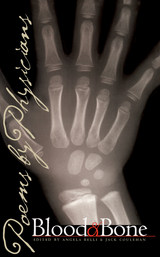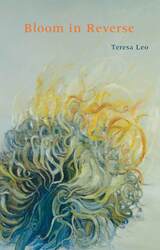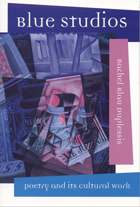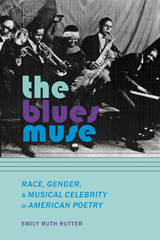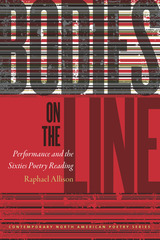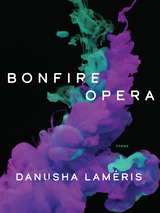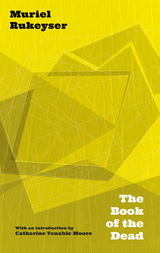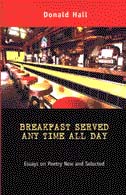Cusanus Today: Thinking with Nicholas of Cusa Between Philosophy and Theology
Catholic University of America Press, 2024
eISBN: 978-0-8132-3812-8 | Cloth: 978-0-8132-3811-1
See other books on: Marion, Jean-Luc | Nicholas | Phenomenology | Theology | Thinking
See other titles from Catholic University of America Press
eISBN: 978-0-8132-3812-8 | Cloth: 978-0-8132-3811-1
ABOUT THIS BOOK | AUTHOR BIOGRAPHY
ABOUT THIS BOOK
At the end of the nineteenth century, German theologians and philosophers rediscovered the Renaissance cardinal Nicholas of Cusa (1401-1464). Immediately they hailed Cusanus as the first modern thinker, a brilliant German rival to the French Descartes. But since the founding of the Cusanus critical edition in 1927 up to its conclusion in 2005, historians have gradually learned that Nicholas was more of a medieval preacher and contemplative than a modern philosopher.
Yet over the same century, modern German and French readers were already digging into Nicholas’s many works. There they encountered an exciting voice with fresh perspectives about God’s immanence in the cosmos and the awesome capacities of the human mind. Leading philosophers and theologians from Erich Przywara to Karl Jaspers to Hans-Georg Gadamer, and from Gilles Deleuze to Jacques Lacan to Michel de Certeau, found their own thinking stimulated by the cardinal’s innovative concepts and interdisciplinary style. Even as Nicholas shifted from modern to medieval among historians, he was emerging as a contemporary interlocutor for moderns and postmoderns. Who could have guessed that the first debate between Jean-Luc Marion and Emmanuel Falque would take place over the fifteenth-century mystical dialogue, De
visione dei?
If Meister Eckhart found his moment amidst Deconstruction in prior decades, Nicholas of Cusa is our thinker for today. His interests anticipate themes in continental philosophy of religion, whether alterity, invisibility, the fold, or the icon. His habit of interweaving philosophy and theology anticipates current debates on the thresholds of phenomenology. Our volume first maps the contours of modern receptions of Nicholas of Cusa in French and German spheres, and then beyond Europe to the Americas and Japan. It also hosts the next round of engagement by some of today’s most original Christian thinkers: Emmanuel Falque, John Milbank, and David Bentley Hart.
Yet over the same century, modern German and French readers were already digging into Nicholas’s many works. There they encountered an exciting voice with fresh perspectives about God’s immanence in the cosmos and the awesome capacities of the human mind. Leading philosophers and theologians from Erich Przywara to Karl Jaspers to Hans-Georg Gadamer, and from Gilles Deleuze to Jacques Lacan to Michel de Certeau, found their own thinking stimulated by the cardinal’s innovative concepts and interdisciplinary style. Even as Nicholas shifted from modern to medieval among historians, he was emerging as a contemporary interlocutor for moderns and postmoderns. Who could have guessed that the first debate between Jean-Luc Marion and Emmanuel Falque would take place over the fifteenth-century mystical dialogue, De
visione dei?
If Meister Eckhart found his moment amidst Deconstruction in prior decades, Nicholas of Cusa is our thinker for today. His interests anticipate themes in continental philosophy of religion, whether alterity, invisibility, the fold, or the icon. His habit of interweaving philosophy and theology anticipates current debates on the thresholds of phenomenology. Our volume first maps the contours of modern receptions of Nicholas of Cusa in French and German spheres, and then beyond Europe to the Americas and Japan. It also hosts the next round of engagement by some of today’s most original Christian thinkers: Emmanuel Falque, John Milbank, and David Bentley Hart.
See other books on: Marion, Jean-Luc | Nicholas | Phenomenology | Theology | Thinking
See other titles from Catholic University of America Press

